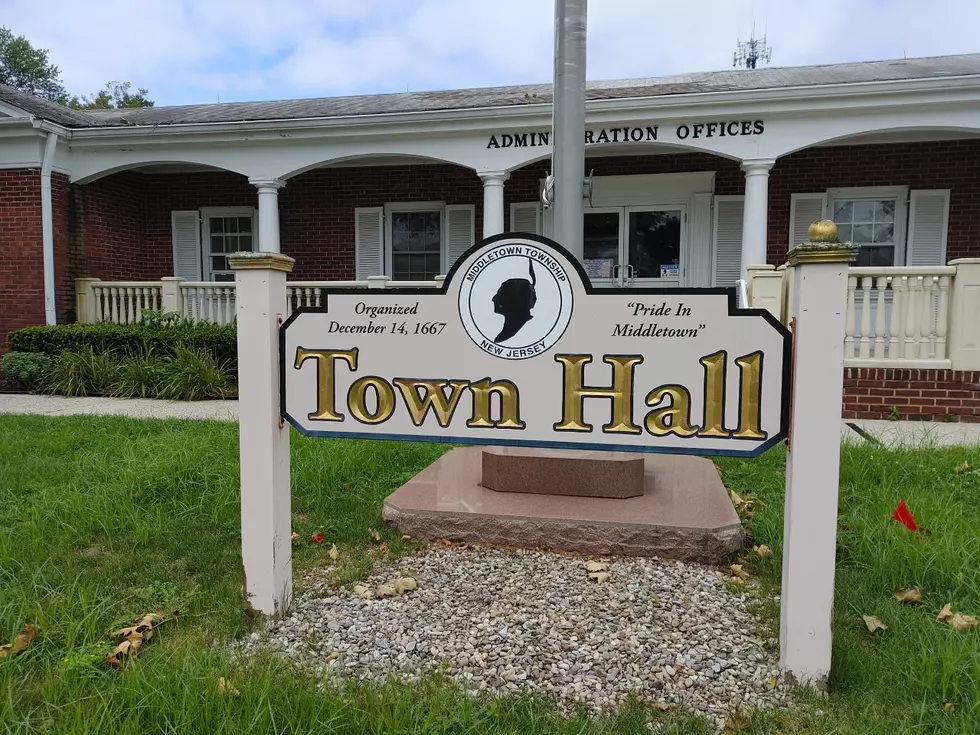
NJ AG office newest front for phone scammers
If someone on the phone claims to be from the New Jersey State Attorney General's office, demanding payment for a debt that you don't even know you owe - don't fall for it.
It's the newest variation on a government-impersonation scam that's surfaced repeatedly over several years, according to the office of acting New Jersey Attorney General John J. Hoffman.
Cold-callers either threaten victims over non-existent debts or toss out the lure of a bogus legal settlement or grant. Victims invariably are direced to send money through wire transfers or debit cards, and to disclose personal and financial information.
It's just another attempt to worm into your bank accounts, max out your credit, and clean you out, a situation that sometimes takes years to rectify.
"The goal is always to con the victim into sending money, or giving away personal information and opening themselves up to identity theft," Hoffman said in a prepared statement.
Even Caller ID is of limited value, because the corresponding phone number appears to be in the 609 area. Officials warn that masking technologies, or spoofing, can disguise calls from anywhere, even overseas.
"With the power of modern technology, it is easier than ever for scammers to mimic local phone numbers or to create emails, documents and websites that look like those of legitimate government entities or businesses," Division of Consumer Affairs Acting Director Steve Lee said. "But don't be fooled. Instead, be vigilant and skeptical. Always verify what you are told, before giving anyone your money."
Authorities listed several similar scams dating back to March 2012, including letters prompting victims to apply by phone or e-mail for part of a fabricated, massive legal settlement; and fake, worthless checks appearing to be from the New Jersey State Treasury that required payment to secure.
They advise never giving out personal information, sending money, opening electronic mail attachments or activating hyperlinks without first conducting some diligent research. They also recommend not bending to pressure, such as limited-time "offers," and to be especially wary of any deal that you're urged to keep to yourself.
The New Jersey Division of Consumer Affairs (DCA) offers more tips in the Fed Up Handbook, available in English and in Spanish; Consumer Briefs; and the Cyber Safe NJ compilation. DCA also continues its "Fighting Fraud" awareness program.
More From 92.7 WOBM









